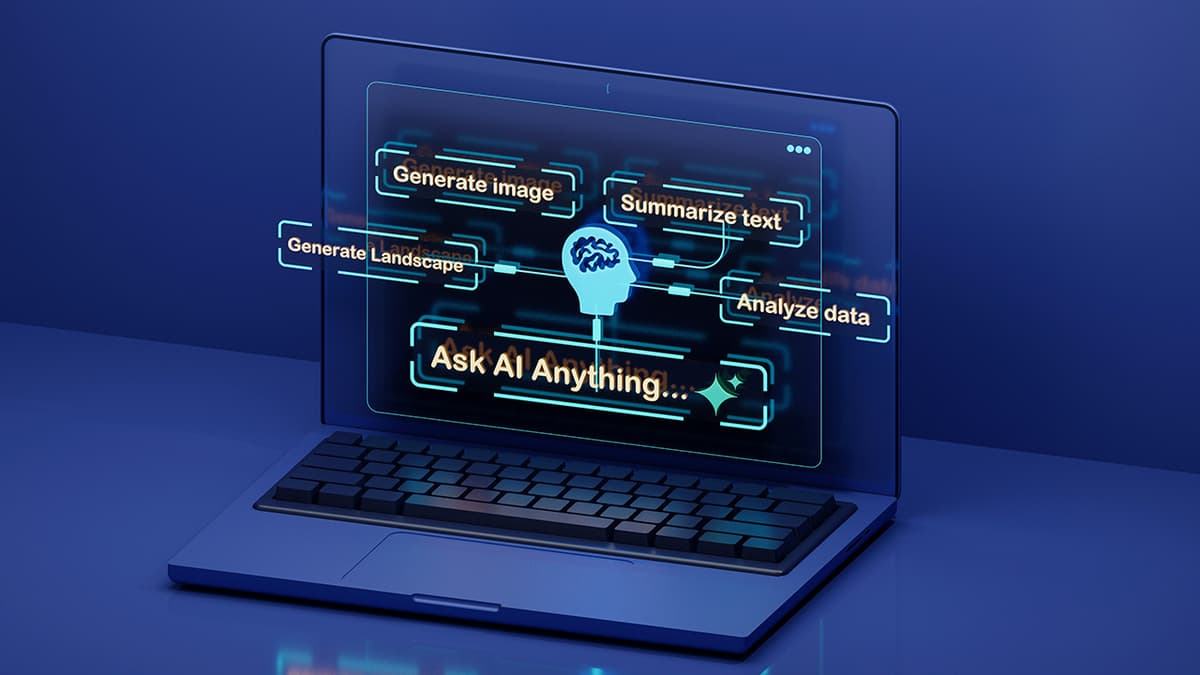How Can Small Businesses Use AI to Reduce Operational Costs?
Small businesses are always looking for ways to save money and streamline their operations. One of the most effective tools for achieving this goal is AI. This technology can make work easier and more efficient, allowing small businesses to focus on what really matters. Here are some practical ways small businesses can use AI to cut down on operational costs.
Automating Routine Tasks
Many small businesses spend a significant amount of time on repetitive tasks. These can include data entry, scheduling, payroll, and customer inquiries. AI-powered tools can help automate these processes, allowing employees to devote their time to more important responsibilities.
For example, chatbots can handle common customer questions, while software can manage basic accounting tasks. Automating these functions not only saves time but also reduces the risk of human error.
Enhancing Customer Service
Providing excellent customer service is crucial for small businesses. AI tools can improve service quality while lowering costs. Chatbots are a popular option, as they can interact with customers 24/7 without the need for constant human supervision.
AI tools can also analyze customer data. By understanding customer preferences and behaviors, businesses can tailor their offerings. This personalized approach can lead to increased customer satisfaction and loyalty, ultimately saving costs related to customer acquisition.
Streamlining Inventory Management
Managing inventory can be a complex process for small businesses. AI can help optimize inventory levels by predicting demand more accurately. This means businesses can reduce excess stock and minimize shortages.
Predictive analytics tools assess trends and patterns in past sales data. By using this information, businesses can make better purchasing decisions. Reducing overstock means less money tied up in unsold goods and lower holding costs.
Optimizing Marketing Efforts
Marketing is essential, but it can be expensive. AI can help small businesses target their marketing efforts more effectively. By analyzing data from previous campaigns, AI tools can identify which strategies work best and which don’t.
With AI-driven tools, businesses can automate their marketing campaigns, from email distribution to social media posting. This not only saves time but also ensures that marketing efforts are consistent and data-driven.
Improving Decision Making
Every small business owner has to make decisions based on limited information. AI can assist in gathering and analyzing data, providing insights that can lead to better choices.
AI tools can process large volumes of data quickly. This allows businesses to uncover trends and patterns that may not be immediately obvious. Better decision-making can lead to cost savings in areas such as staffing, product development, and budgeting.
Enhancing Sales Forecasting
Sales forecasting is critical for financial planning. AI can improve forecasting accuracy by analyzing historical sales data along with external factors such as market trends and seasonality. This information helps businesses prepare for peak seasons and avoid overproduction during slow periods.
Better forecasting reduces the risk of financial loss from unsold products and helps maintain cash flow, making it easier to manage operational costs.
Improving Supply Chain Management
The supply chain is another area where small businesses can benefit from AI. Supply chain management involves coordination between various parties, and efficient communication can be challenging.
AI can optimize routes for deliveries, predict delays, and manage vendor relationships. These improvements can translate to lower shipping costs and fewer lost sales due to delays. Streamlining the supply chain means reduced operational costs and happier customers.
Enabling Remote Work
The shift to remote work has become more common, and AI can facilitate this transition. Tools that use AI for collaboration and project management can help teams stay connected and productive, no matter where they are.
AI-powered platforms allow for real-time communication and task management. This can lead to reduced overhead costs for office space and utilities, providing businesses with significant savings.
Enhancing Security Measures
Cybersecurity is a growing concern for small businesses. AI can bolster security measures by providing advanced threat detection and response systems. AI tools can identify unusual patterns that might indicate a security breach, allowing businesses to react quickly.
Investing in AI-driven security solutions can save companies from the potentially high costs of data breaches. Protecting sensitive information is crucial for long-term business success.
Making Better Use of Human Resources
AI also assists in HR functions such as recruitment and employee management. AI tools can screen resumes and help identify the best candidates for open positions. This saves HR teams time, allowing them to focus on strategic initiatives.
Furthermore, AI can help with employee engagement. By analyzing feedback and performance data, businesses can determine areas for improvement, boosting productivity and job satisfaction. Happier employees are often more productive, leading to better overall performance at lower costs.
AI offers numerous benefits for small businesses looking to cut operational costs. For small businesses, the key to success lies in leveraging AI solutions that fit their unique needs. As technology evolves, those who adapt will likely see significant cost savings and improved overall performance.












